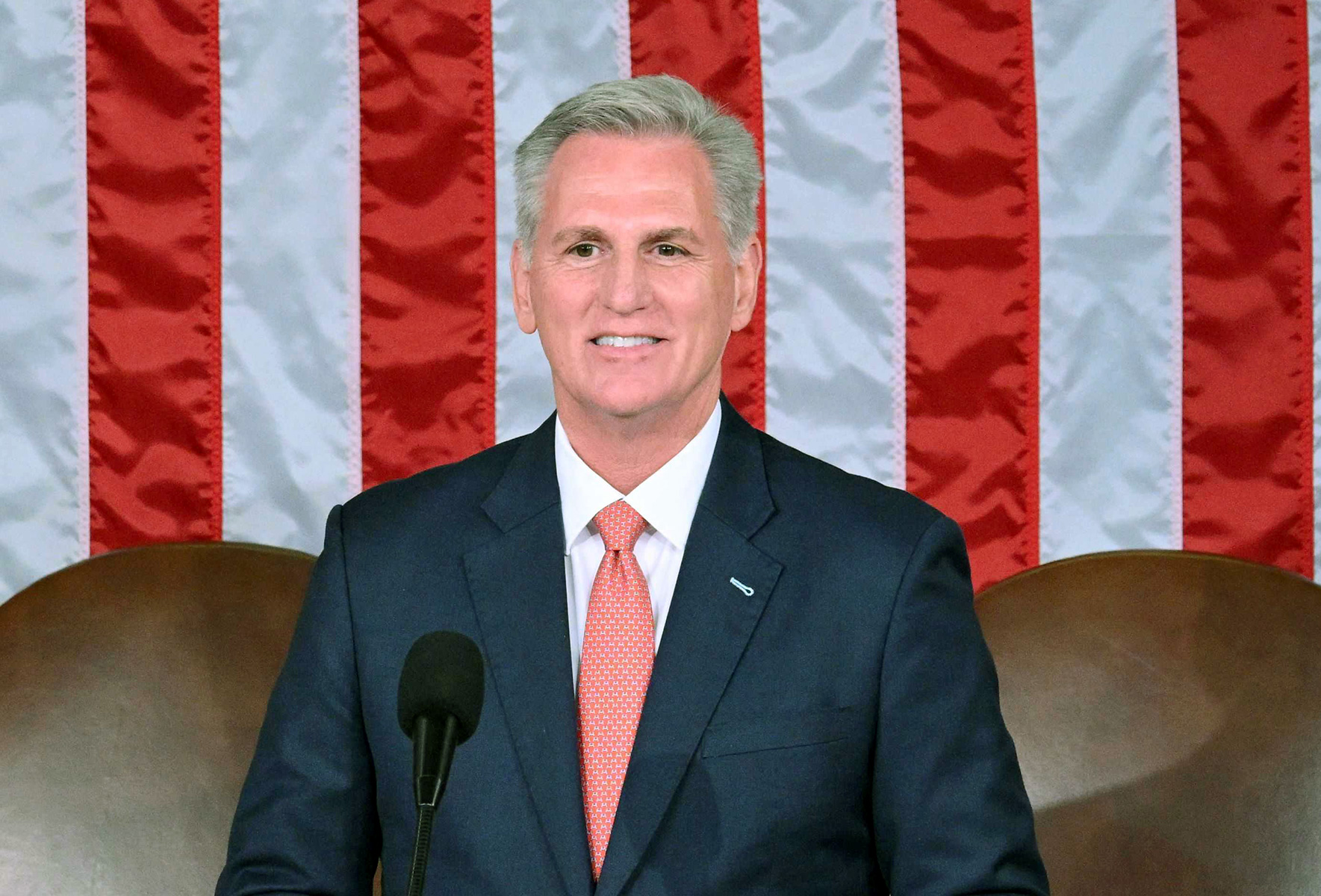In 2020, I quiet quit my job and it was without a doubt the best decision of my life. Since then, I've created several online businesses and have become financially free.
While the world was at a standstill from the pandemic and people's stress levels were high, a brand new movement was born in China called Lying Flat. Many young people were increasingly pressured to work harder to outperform their peers and dedicate their lives to their jobs. So, they retaliated by not doing their jobs.
People now are adopting this revolutionary mindset in the U.S. Instead of people living to work, they work to live. Crazy, I know. But let's be perfectly clear. Quiet quitters aren't actually peacing out and quitting their jobs; they're no longer going above and beyond for a job that refuses to match their increase in effort with an increase in pay.

I still remember the first day at my corporate job. I was so ignorantly excited to get a taste of the corporate world, especially as a first-generation college student. I was earning $120,000 a year, and I personally felt like it was a huge milestone for myself and indirectly, in a way, for my parents because it meant that their sacrifices were worth it.
I feel that finance is one of the top careers immigrant parents dream of for their kids, right after being a doctor and then a lawyer, and then an engineer.
But soon, I realized that I'd been bamboozled. I was thirstier than the fish and drank the corporate Kool-Aid hard.
For example, not only did I do my signed job at work, I would then go into the bathroom, put on my clown makeup, and actively seek out more work from my bosses. Volunteering to help out with a never-ending list of additional projects, like I wasn't already working 70-hour weeks.
I wasn't getting paid more to do any of this. So what exactly was I hoping for in the end? That I would be blessed with a 1 percent raise at the end of the year so I can afford to see a doctor and ask if working that hard is medically okay? That my blood is now 90 percent composed of black coffee?
I was indoctrinated to believe that my worth as a person was defined by how hard I could work and how much I could accomplish for someone else.
I commuted 1 hour into the office. I worked ten to 12 hours. And then I went back home and I slept. And I did the same routine the next day at work. I thought that this was it, that for the next 16,060 days, I'd be doing this until I retired.
There were two moments every day that I looked forward to. One was when I got up from my desk, went to the bathroom, and used my phone, and the other was when I got up from my desk and I walked out those doors.
The federal minimum wage hasn't been raised since 2009, while the cost of living has. Prices are now nearly 40 percent higher overall than in 2009, thanks to our beautiful friend inflation. Surveys found that workers who are neither engaged nor actively disengaged at work, aka quiet quitters, make up at least half of the U.S. workforce.
Then one day, after watching too many motivational YouTube videos, I realized that I had two paths before me. One path was bright. The dirt was smooth, paved, and safe with lots of people walking on it. The other path was darker, the ground was rough, it was dangerous, they had rocks, and it was lonelier.
It felt like I was just a spinning cog inside a machine, inside a bigger machine.
And I realized that if I never stopped working to help someone else build their dreams, then every hour of my time, even after work, belongs to them. And because they owned my time, they owned my emotions, they owned my reactions, and they owned my relationships.
Thinking back, there was one particular conversation I had a few years ago that completely changed my life and it was the final straw that convinced me to become a quiet quitter way before it became trendy.
I told my friend that I was really worried about putting more effort into my side hustle and focusing less on my real job. I didn't want to lose my job and for my side hustle to fail.
But when asked about the worst-case scenario, I thought: I'd have to look for another job. In other words, my worst-case scenario was that I would end up in the same scenario that I was already in.
At that moment, I thought to myself, is this it? Is this what life is all about? To create a really nice Excel model, to make a really nice PowerPoint slide? There had to be.
It was then that I realized what was missing from my career—a purpose. If you don't have a purpose in life, then you will be a part of someone else's purpose.
Personally, I wasn't fine with it. I wanted to do and contribute more to my life than what I was doing at the time. I wanted to rediscover the mindset that I had when I was a child.
I realized that the best way for me to do that was to use my background, knowledge, and education to help other people understand and teach them how they can improve their personal finance.
When I decided to quit my job, I didn't tell anyone. I then developed a strong tendency to work just for the hours that I was paid. I began easing off slowly and started to give people the impression that I was not somebody who had extra free time to pick up more stuff anymore because I was working so hard on my actual work.
I began actually taking my lunch break and doing it away from my desk. I gave myself lots of breathing room so that no one thought that my high-quality work was effortless.
I prioritized what absolutely must get done to keep my job and maintained a great can-do attitude for the work that fell under my purview, so nobody had really noticed that I had quiet quit my job.
I knew it was really important that I started taking my finances seriously before I did anything else. After quiet quitting, I lived frugally and slowly began building up a safety net.
I then began dedicating more time to turning my side hustle as an educational financial content creator into a full-time job, and I was finally able to leave my job because I had a safety net in place. I was able to accomplish all of this through quiet quitting.
Internally, for me, quitting felt really wrong at first. It felt like it was a disgrace to my family that I couldn't hold a job or couldn't stand my job longer than a few years. I felt like I was being really ungrateful for walking away from a job that was really comfortable, had really great benefits that so many people would love to have.
But what I realized was that sticking through something that is so deeply unsatisfying isn't worth it. I didn't want to be paid money to forget about my dreams and to continue down a safe path with no other purpose than to just make money.
We all have a purpose for being here today, and sometimes we lose sight of that. And sometimes it's different from what you're doing, but often, we don't try because it's scary to go down that darker, more dangerous path. We let fear stop us from going after our dreams.
I had my job to thank for allowing me to learn these lessons because without going through this for years. Currently, I'm on a path of trying to pursue my purpose and the reason why I'm here.
That's why I created my YouTube channel; to be able to help other people understand personal finance, investing, entrepreneurship, and being able to help break down all the complexities of that in a fun and entertaining way where it's easy to understand.
Vincent Chan is a Content Creator, Advisor, and Investor based in New York City helping millions of people live wealthier and healthier lives.
All views expressed in this article are the author's own.
Do you have a unique experience or personal story to share? Email the My Turn team at myturn@newsweek.com.








